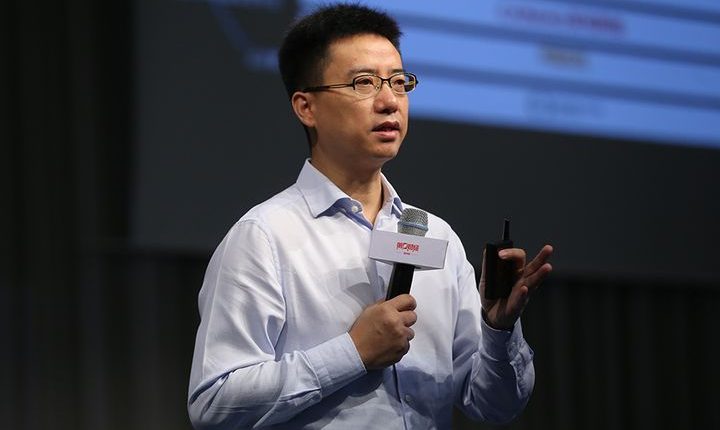Mere months after Chinese financial technology company Ant Group was forced to pull its IPO and put a cork on its stock market debut amid a regulatory crackdown by the Chinese authorities, it became embroiled in a new wave of turmoil as CEO Simon Hu unexpectedly has resigned and stepped down from his role as an executive director on the company’s board, citing personal reasons.
Chairman Eric Jing, who had previously served the company in that position from 2016 to 2019, is set to take Hu’s place, effective immediately.
According to an internal email, the Board had recently received Hu’s request to resign as the CEO of the Ant Group and board executive director, and will now be fully responsible for Alibaba Group’s and Ant Group’s philanthropic and social responsibility work. “Following the board’s thorough discussions, we have decided to respect Simon’s personal request and support him fully in his new mission,” Jing said in an internal memo.
The Ant Group is home to the Alipay digital payments app, which consists of more than 700 million active users per month.
The 51-year-old Hu worked at the country’s second-largest lender, China Construction Bank, before joining Jack Ma’s Alibaba Group Holding Ltd. in 2005. Known for rolling out innovations such as using data analytics to offer collateral-free financing services to small businesses, he was instrumental in the evolution of Ant intone of the most valuable financial technology companies in the world. Hu became the CEO of Ant in December 2019.
Ant began as a simple digital payments business, started by Alibaba in 2011. Today it contains massive interests in online investing, insurance, and consumer lending, which have helped it grow into a business with assets worth about $635 billion under management. It offers everything from loans to wealth management services.
As it grew, it faced newer obstacles. As part of its drive for greater control, the government has been broadening its control over tech companies in recent months. It has directed Ant to turn itself into a financial holding company that faces almost the same capital rules as banks. The changes, which will also impose more regulatory oversight, will decrease Ant’s valuation from over $310 billion at the time of the planned IPO to under $200 billion. Ant and other firms have been made subject to a new set of rules which are aimed to curb their influence in everything from digital payments to online lending and credit scoring.
Earlier, Chinese Premier Li Keqiang had urged the National People’s Congress to expand the oversight of financial technology, saying that the nation planned to step up oversight of financial holding companies and fintech players, as part of a plan to curb risks in the country’s $50 trillion financial systems. According to a plan covering its policies for 2021 to 2025, the fintech sector should be developed in a “prudent” manner and the nation aims to create a “deviation correction” mechanism to fix and suspend innovative financial products when needed.
In the future, regulators may expect Ant Group to behave more like a traditional Chinese bank than a tech company.
Ant’s rival, Tencent Holdings Ltd., seems to be next on the list, and will probably be required to establish a holding company for its financial operations. They will be the first to bite the bullet as part of the nation’s aim to curb the “reckless” push of technology firms into finance.
The Tech Portal is published by Blue Box Media Private Limited. Our investors have no influence over our reporting. Read our full Ownership and Funding Disclosure →






